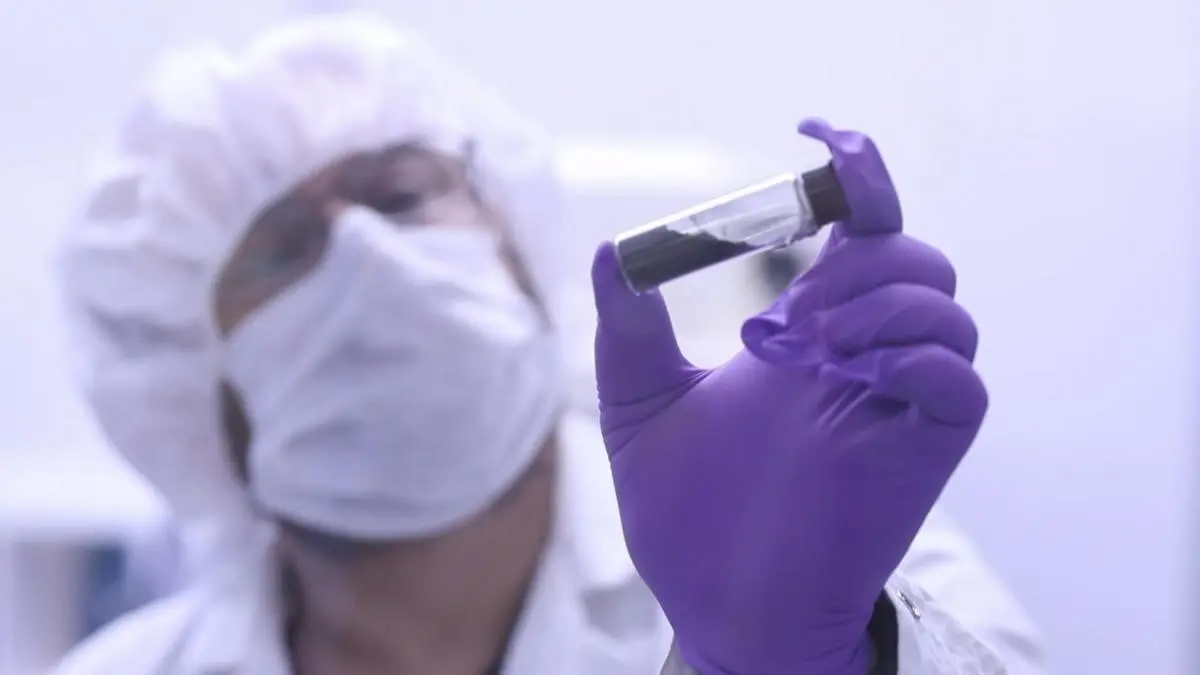In a groundbreaking discovery that could rewrite our understanding of life’s origins, NASA scientists have uncovered a treasure trove of organic compounds in samples returned from the asteroid Bennu. This cosmic time capsule, delivered to Earth in 2023 by the OSIRIS-REx mission, has yielded tantalizing clues about the potential for life beyond our planet.
The findings, published in Nature and Nature Astronomy, reveal a complex mixture of life’s building blocks, including 14 of the 20 amino acids used by terrestrial life and all five nucleobases essential for genetic information storage. These discoveries suggest that the ingredients for life might have been widespread in the early solar system, dramatically increasing the odds of life emerging on other worlds.
“NASA’s OSIRIS-REx mission is rewriting the textbook on what we understand about the beginnings of our solar system,” said Nicky Fox, associate administrator of NASA’s Science Mission Directorate.
The pristine nature of the space-collected samples has allowed scientists to detect minute traces of organic compounds that might have been lost or altered if studied in Earth-fallen meteorites.
Perhaps most intriguing is the detection of high levels of ammonia, which can react with formaldehyde – also found in the samples – to form complex organic molecules given the right conditions. This chemical cocktail, combined with evidence of ancient saltwater environments, paints a picture of Bennu as a potential cosmic laboratory for prebiotic chemistry.
“These papers really go hand in hand in trying to explain how life’s ingredients actually came together,” said Tim McCoy, curator of meteorites at the Smithsonian’s National Museum of Natural History. The research team identified 11 minerals formed by evaporating salt water, including some never before seen in extraterrestrial samples, hinting at a long-lasting aqueous environment that could have nurtured complex organic chemistry.
While these findings don’t prove the existence of extraterrestrial life, they do suggest that the conditions necessary for life’s emergence were more common in the early solar system than previously thought. As Jason Dworkin, OSIRIS-REx project scientist, puts it, “Data from OSIRIS-REx adds major brushstrokes to a picture of a solar system teeming with the potential for life.”
As scientists continue to analyze the Bennu samples, more secrets from our cosmic past are likely to be revealed, potentially reshaping our understanding of life’s origins and its potential prevalence in the universe. The quest to unravel these cosmic mysteries continues, with each discovery bringing us closer to answering one of humanity’s most profound questions: Are we alone in the universe?

